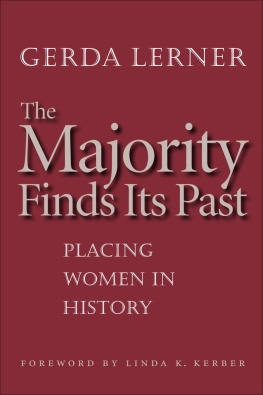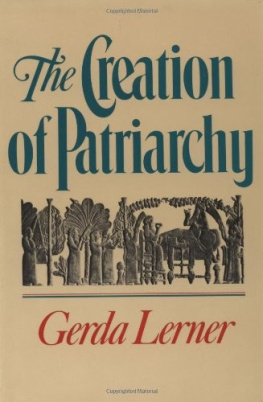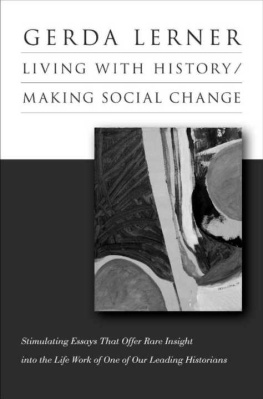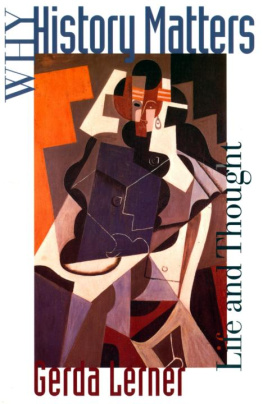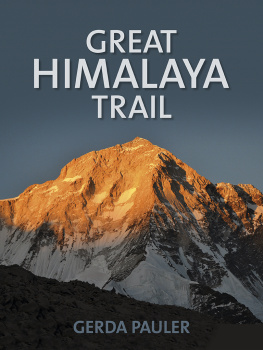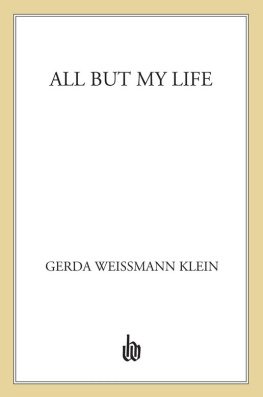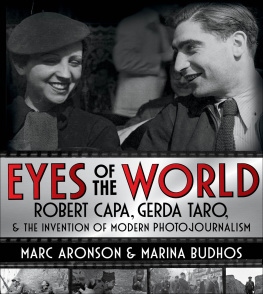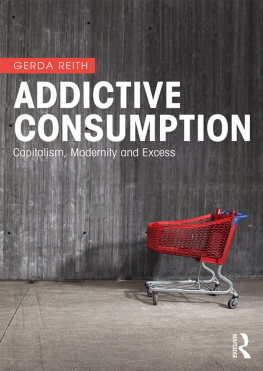Other Westview Titles on Women and Society
The Underside of History: A View of Women Through Time, Elise Boulding
Women and the Social Costs of Economic Development. Two Colorado Case Studies, Elizabeth Moen, Elise Boulding, Jane Lillydahl, and Risa Palm
Women and Technological Change in Developing Countries, edited by Roslyn Dauber and Melinda Cain
Working Women: A Study of Women in Paid Jobs, edited by Ann Seidman
Women in Changing Japan, edited by Joyce Lebra, Joy Paulson, and Elizabeth Powers
The Liberated Female: Life, Work and Sex in Socialist Hungary, Ivan Volgyes and Nancy Volgyes
Also of Interest
New Architecture in the World, Udo Kultermann
The City: An Introduction to Patterns and Processes in the Urban Ecosystem, Gary L. Peters and Robert P. Larkin
Westview Special Studies on Women in Contemporary Society
New Space for Women
edited by Gerda R. Wekerle,
Rebecca Peterson, and David Morley
In recent years, increasing self-awareness has led women to examine and question their environmentslargely designed and structured by menin light of their particular needs and experiences. Inevitably, these changes in consciousness have led to demands for changes in existing architectural, social, and psychological environments and for an increased role for women in their design.
This bookthe first such collection of papers on women and their environmentsaddresses specific problems encountered in homes and office buildings, in urban and suburban areas, and in neighborhoods, and assesses the institutional barriers to change that have prevented womens needs from being adequately addressed in the decision-making process. Included are examples of the creative solutions and alternatives that women have proposed.
Gerda R. Wekerle (Ph.D., sociology), Rebecca Peterson (Ph.D., psychology), and David Morley (Ph.D., geography) are associate professors in the Faculty of Environmental Studies at York University.
First published 1980 by Westview Press
Published 2018 by Routledge
52 Vanderbilt Avenue, New York, NY 10017
2 Park Square, Milton Park, Abingdon, Oxon OX14 4RN
Routledge is an imprint of the Taylor & Francis Group, an informa business
Copyright 1980 by Gerda R. Wekerle, Rebecca Peterson, and David Morley
All rights reserved. No part of this book may be reprinted or reproduced or utilised in any form or by any electronic, mechanical, or other means, now known or hereafter invented, including photocopying and recording, or in any information storage or retrieval system, without permission in writing from the publishers.
Notice:
Product or corporate names may be trademarks or registered trademarks, and are used only for identification and explanation without intent to infringe.
Library of Congress Cataloging in Publication Data
Main entry under title:
New space for women.
(Westview special studies on women in contemporary society)
1. Women-Social conditions-Addresses, essays, lectures. 2. Women-Political
activity-Addresses, essays, lectures. 3. Architecture-Environmental aspects
Addresses, essays, lectures. 4. Architecture-Psychological aspects-Addresses,
essays, lectures. 5. Architecture-Human factors-Addresses, essays, lectures. 6. Human
ecology-Addresses, essays, lectures. I. Wekerle, Gerda R. II. Peterson, Rebecca.
III. Morley, C. D.
HQ1154.N46 305.4 80-5047
ISBN: 0-86531-339-3
ISBN 13: 978-0-367-01913-6 (hbk)
Contents
, Gerda R. Wekerle, Rebecca Peterson, and David Morley
Part 1
The Domestic Workplace
, Rebecca Peterson
, Susan Saegert and Gary Winkel
, Sarah Fenstermaker Berk
, Cynthia Rock, Susana Torre, and Gwendolyn Wright
, Dolores Hayden
Part 2
Urban Design: The Price Women Pay
, Gerda R Wekerle
, Sylvia F. Fava
, Mary K. Cichocki
, David Popenoe
, Karla Werner
, Judy Stamp
Part 3
Women in Environmental Decisionmaking: Institutional Constraints
, David Morley
, Ellen Perry Berkeley
, Jacqueline Leavitt
, Anonymous
, Ronald Lawson, Stephen Barton, and Jenna Weissman Joselit
, Richard W. Butler and Susan Phillips
Part 4
Women as Environmental Activists
, Rebecca Peterson
, Sheila Levrant de Bretteville
, Anne Cools
, Mary Soper
This book was started shortly after the United Nations Conference on Human Settlements, 1976, held in Vancouver. That conference brought together an international group of women from government, voluntary organizations, the professions, and the academic community to discuss the role of women in the planning and design of urban settlements. We organized one of the eight conference sessions and were struck by the fact that womens problems with housing, transportation, urban planning, and lack of access to environmental decisions crossed national boundaries and affected women in advanced industrial countries as well as those in developing countries. For many of us, there was a great sense of excitement and joy to discover women (and some men) from other countries who also viewed urban issues as feminist issues. We felt that we were witnessing the birth of an exciting new interdisciplinary fieldone that combined an interest in the urban environment with feminist analysis and consciousness.
There were not many of us and we were spread thinly across the globe. A major problem was information and support. The three of us started a newsletter to maintain and help expand our international network. We planned this book to collect the various strands of the new empirical work on womens urban experience and womens activist role in changing environments. We did not anticipate that our simple task would stretch into four years and would involve contacts with more than 200 persons and organizations on four continents. In the spirit of the conference where the idea for this book was born, we envisioned a book that would be international in scope, interdisciplinary in approach, and would include contributions by academics and professionals as well as community activists. These goals were only partially met. The difficulties posed by translation forced us to focus largely on the North American experience. Nonacademics are underrepresented, since we found that women active in setting up innovative feminist alternatives were often too busy doing to write about their experiences. We also found that much of the current work was still in progress or barely started and thus could not be included.
Inevitably, as befits a new field, the quantity of new work has outstripped even our best efforts to include it. Interest in women and environments is now at an all-time high. In Washington, D.C., HUDs Womens Policy and Programs staff is sponsoring several projects on womens housing and planning needs; in England, a recent issue of the International Journal of Urban and Regional Research has focused on British research and action relating to women in the city; in Canada, the National Action Committee on the Status of Women is planning a special magazine issue on women and environments; in Australia, interest in the topic remains strong, and several projects are currently underway; in Paris, an international research organization has started research for policymakers on women and city life in half a dozen countries. As yet, there are no books summarizing and evaluating this new work.



